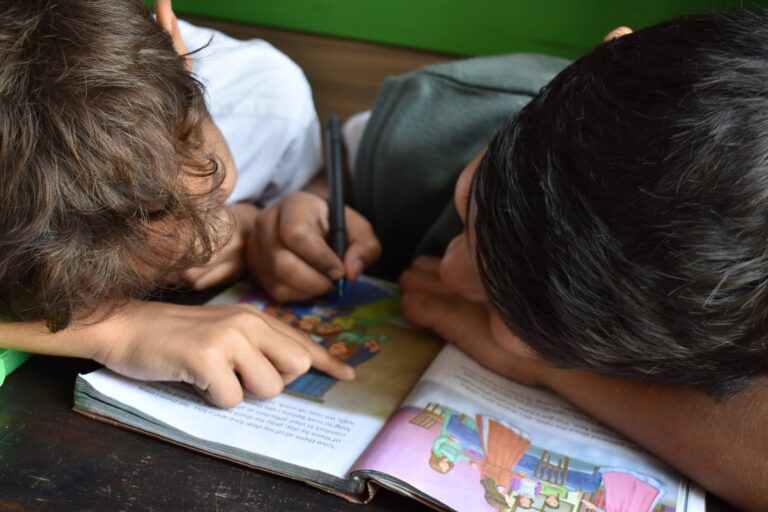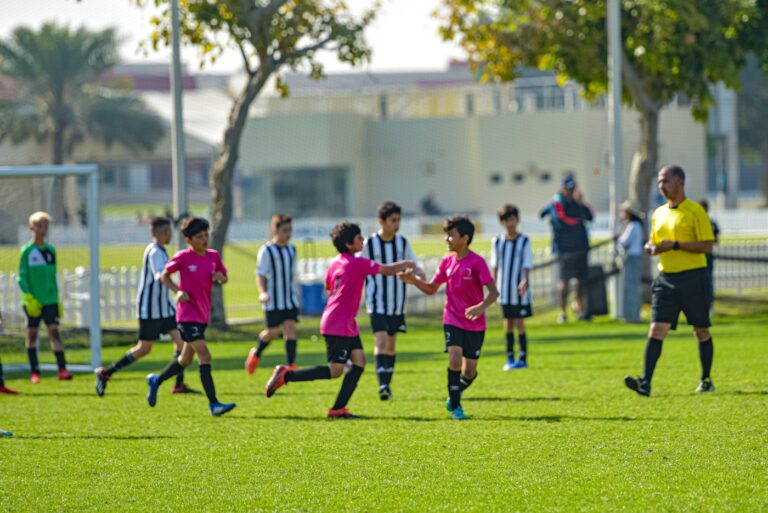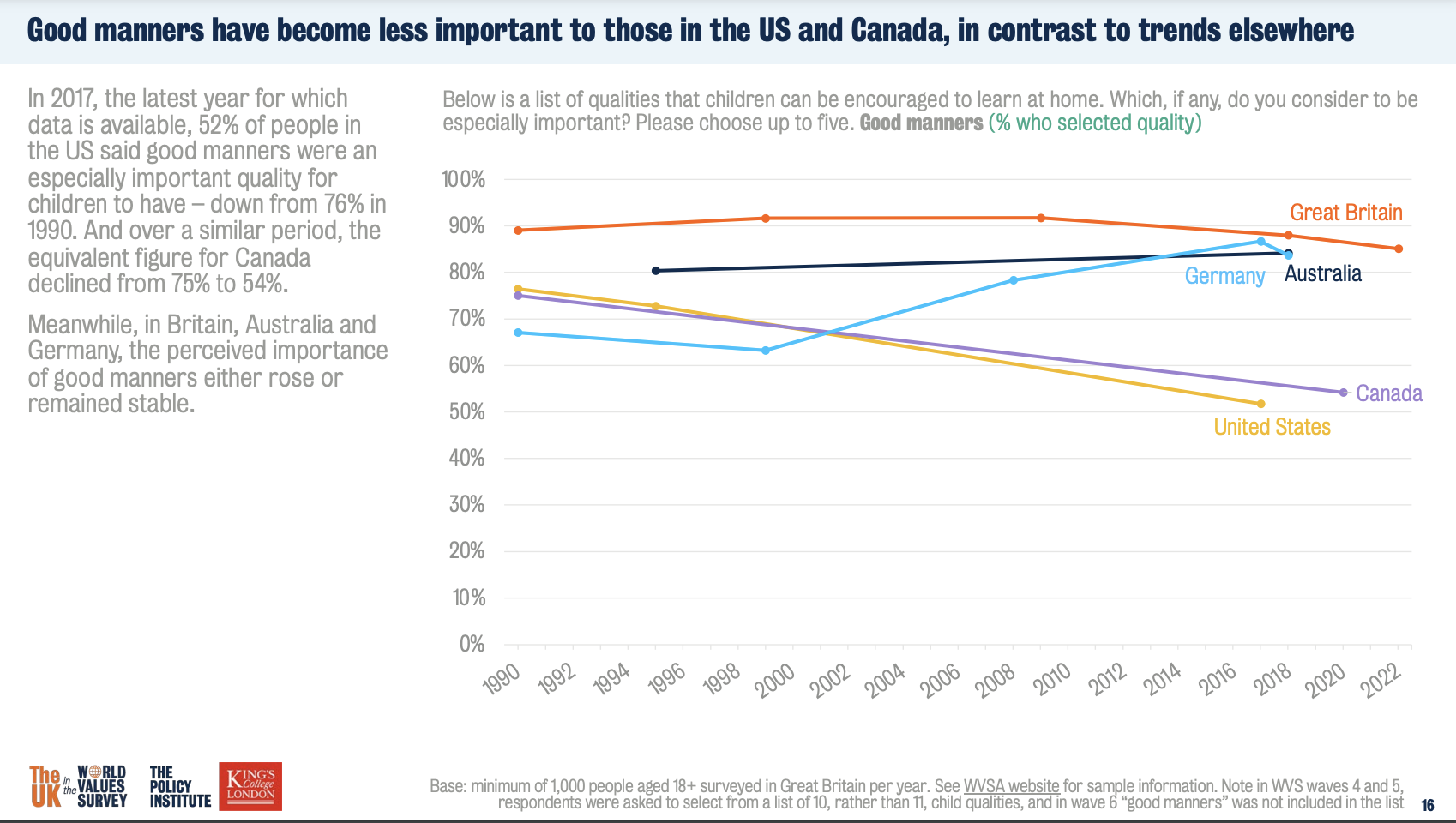As a new school year commences, fewer parents are playing the role of educator to their own children. Instead, they’re ceding that responsibility to home-schooling startups populated by adults who have opted to become un-credentialed at-home teachers.
Attracted by the huge uptick in parents choosing home-schooling for their kids (home-schooling numbers exploded during COVID and even today remain 40% above pre-COVID levels), private enterprise has moved in to take the pressures off parents.
These companies have created some variation of hybrid, pod, co-op, and micro-school with the goal of educating children outside more traditional venues. “For a growing number of students, education now exists somewhere on a continuum between school and home, in person and online, professional and amateur,” writes Laura Meckler.
Although some of these private home-schooling setups employ professional educators, many (perhaps most) do not. Meaning that many educators are adults who have pivoted from their previous professions to teach children.
The growth of these programs has been fueled in part by private investment which, in turn, see opportunity in states that allow the use of tax-exempt educational savings accounts.
Despite critics’ concerns that these private, community-based systems are unregulated, a growing number of parents are being drawn to them for those very same reasons.
COVID shutdowns and public education’s intransigence toward the issue (along with the struggles kids faced being locked out of schools), was a particular frustration for many parents. Drawn to these new educational opportunities, they refused to look back even after schools reopened.
Whether these new approaches to home-schooling work, it seems clear education in America will never be the same.











